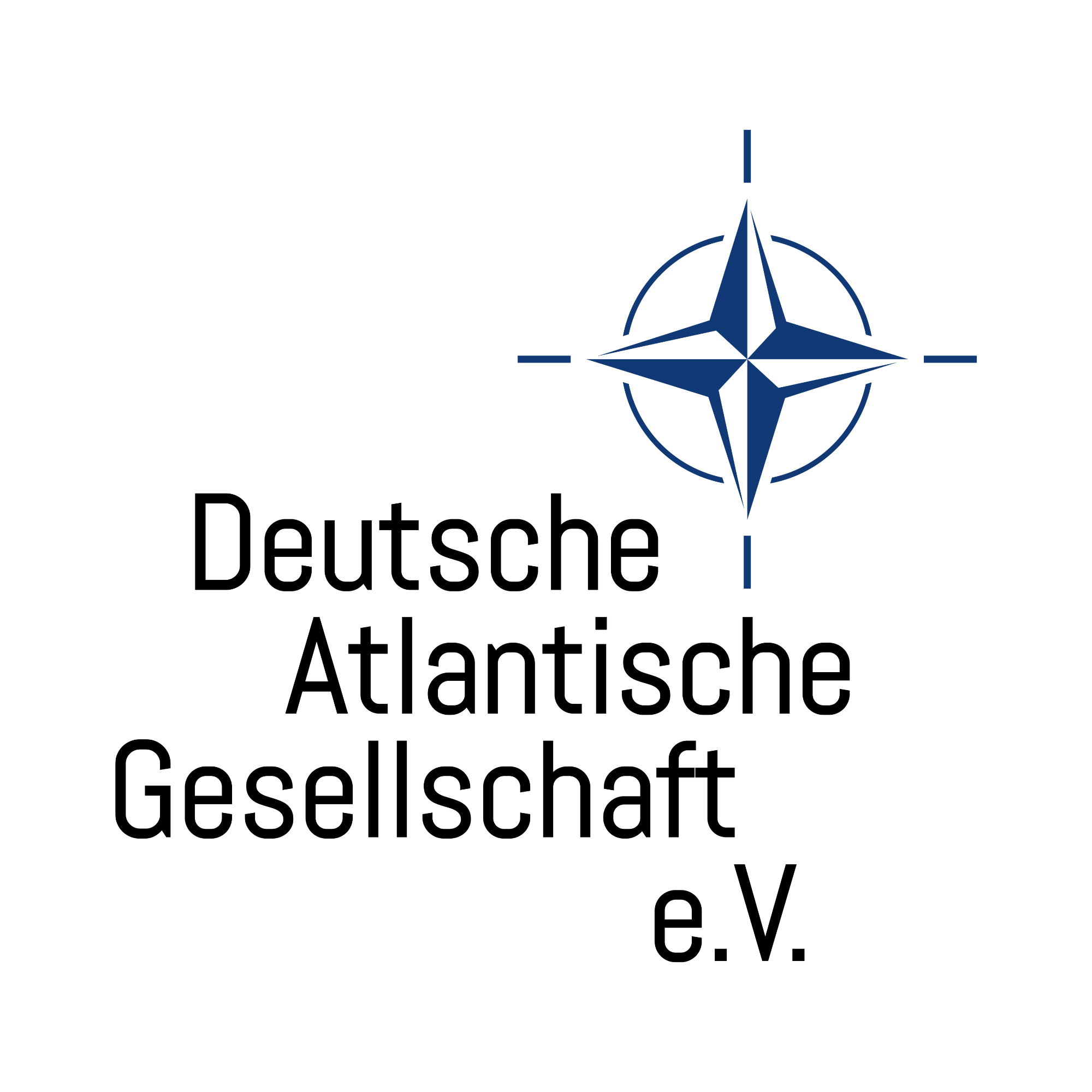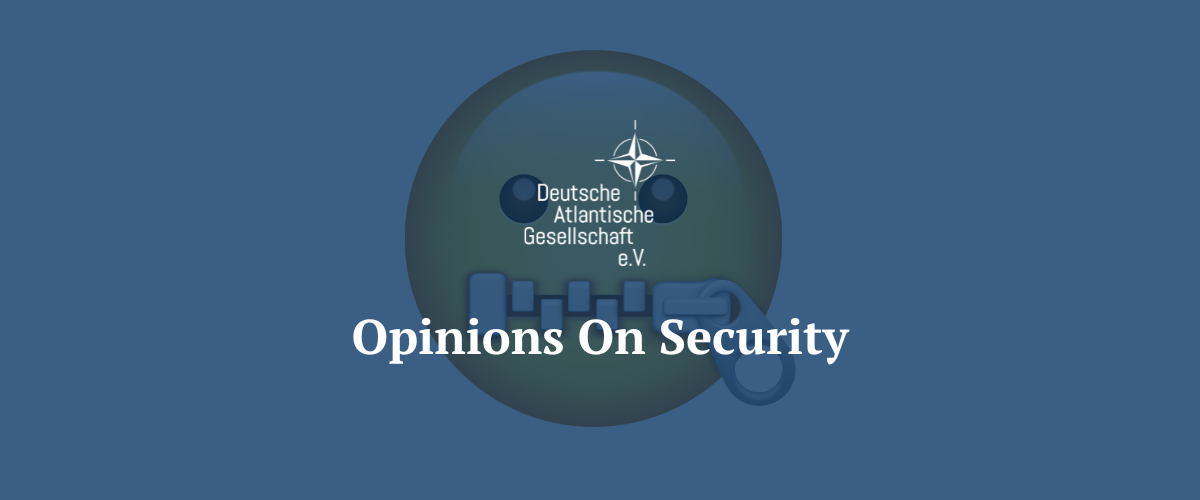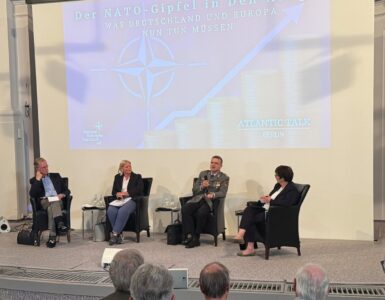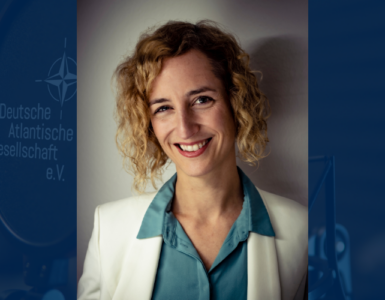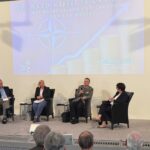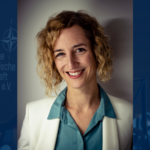Artikel (ENGLISCH) als PDF herunterladen
Artikel (DEUTSCH) als PDF herunterladen
The idea of neutrality has deep roots in the history of Europe, based on various historic and legal contexts. For example, the Swiss and the Swedes look back on an old and successful tradition of neutrality, going back, respectively, to 1515 and the Napoleonic times. Finland observed a very useful policy of neutrality due to the geopolitics of the Cold War and the 1948 bilateral treaty with the Soviet Union; the same is true for Austria after its State Treaty of 1955. More recently Malta, after its voluntary declaration of neutrality of 1981, has benefitted from its position between the two shores of the Mediterranean Sea. Irish neutrality since the 1930s has allowed cooling down the opposition with UK. Internal tensions have also been contained in Cyprus since its independence in 1960 and in Bosnia-Herzegovina since the Dayton agreements of 1995, thanks to the adoption of neutral policies. Even the neutrality of the “bridge states” of Ukraine, Georgia or Moldova, despite being rejected by their populations from time to time, was long seen as a valuable confidence building element.
Trendy neutrality
Till recently, the idea of neutrality was therefore very positively considered in Europe; it was associated with values such as benevolence, nonviolence and mediation. It seemed to be particularly trendy in the structures of the European Union. It was very well-suited to a globalized environment where conflicts have been more or less contained, making therefore neutrality an appealing and seemingly costless behavior. Between the USA and China, many voices in Europe were advocating for a kind of neutral, economically driven approach which would remain compatible with the European cultural and political identity. Such a positioning was also ethically rewarding. Nothing better than a balanced position to promote peace, dialogue and mutual understanding.
But war in Ukraine has revealed some intrinsic weaknesses of the concept of neutrality. In the case of a major conflict of high intensity occurring between world powers, the trend goes backwards in line with repolarization and economic decoupling. On a continent where national economies are so closely interlinked, the development of new forms of conflict such as sanctions may make the cost of neutrality much higher. Additionally, in a free market area like Europe, ethical concerns of the consumers are also to be considered: Even in neutral countries, consumers may choose not to be neutral. Current circumstances where one party is clearly violating the most essential norms of law and international behavior are likely to reduce the appeal of the “no taking side” mantra: it may appear as a form of “appeasement” and be seen both as ethically unacceptable and economically risky.
Even Swiss neutrality needs to be redefined
Switzerland has been offering the most classic and successful example of neutrality for five centuries. However, this has been recently questioned by Russia, which considers that the Swiss alignment on the sanctions decided by the EU is not compatible with neutrality. The truth is that today’s principled Swiss approach with regard to Russia differs deeply from the discreet and complacent welcoming of Nazi funds during the second world war. Moscow has recently refused to hold diplomatic talks about Syria and Ukraine in Geneva, a blatant rupture with the usual Russian appetite for meetings in the Lemanic region. Despite face saving efforts, which have prompted the Swiss authorities to seek improved bilateral contacts with Russian counterparts and to reject Germany’s request to deliver their Swiss produced ammunition to Ukraine, it is difficult to imagine Switzerland exposing whole sectors of its flourishing globalized economy to the risk of Western sanctions for the sake of maintaining a balanced posture.
Moreover, two factors seem to have recently impacted the traditional vision of neutrality in Switzerland. Firstly, having complied with most of EU and OECD requirements, the Swiss are no longer considered as a non-cooperative jurisdiction and have therefore avoided costly financial sanctions from their Western partners. But, by abandoning their traditional financial opacity, Swiss banks are now fully exposed in case of “unprincipled” behavior. Here transparency and neutrality are clearly not on the same side. A second difficulty occurred when Bern was elected non-permanent member of the United Nations Security Council. This will oblige Bern to take a public stance on almost every international question; Swiss public opinion will follow the ethical aspects of Swiss foreign policies much more closely. There is no doubt that this will also contribute to reduce the domain of Swiss neutrality even further.
Neutrality in decline in Europe
Everywhere else in Europe, neutrality now seems to exist mostly “by name only”. From Valletta to Stockholm, from Vienna to Nicosia, EU Member States which claim to be neutral conveniently hide the fact that their neutrality holds only as long as the EU itself remains neutral. This is not the case anymore. Article 47–2 of the Treaty on the European Union, which is inherited from the former Western European Union, is now revamped as it establishes an alliance between all EU members. It is quite similar to Article V of the North Atlantic Treaty. Traditionally reluctant to the idea of a common European security and defense, the Danes have just withdrawn by referendum their reservation to this part of the Treaty. Ireland, still, officially maintains its neutrality enshrined in the Sevilla declaration of 2002, which acknowledges the “traditional policy of military neutrality” of Ireland. But its interpretation has not been very restrictive, Ireland authorizing military transit of Allies on the Irish territory, and Irish military participation to peacekeeping operations. The Ukrainian war demonstrates every day that the EU’s neutral countries are doing their part of the job of supporting Ukraine. As a result, the cross-cutting network of alliances between EU and NATO Member States is strongly solidifying. Nothing illustrates this new reality more than the Swedish and Finnish decisions to join NATO.
Beyond the EU, the situation has turned grim. There is no room anymore for a hypothetical neutral positioning of Ukraine, Georgia or Moldova. And who would consider the delicately balanced policy of Turkey as fulfilling the various legal and political criteria of neutrality?
Neutrality has a better chance to survive outside of Europe
In a nutshell, it seems that specific conditions, in particular globalization and the absence of high-intensity conflicts involving major actors, triggered a significant development of neutrality in Europe since the end of the Second World War. Unfortunately, this time is over, possibly for many years to come. Conditions of neutrality in conflicts, which had been very precisely defined by the Den Haag Conference in 1907, appear increasingly outdated, if not squarely irrelevant in front of the development of new forms of war. The Russian attack against Ukraine has shown contempt for international laws, including those related to neutrality. And the American efforts led by President Biden to unite (liberal) democracies and their allies against autocracies also surf on this trend and constitute another way of putting neutrals under pressure to take side.
Today, as neutrality progressively vanishes in Europe, neutral concepts may have a better chance to survive outside of the continent which gave birth to them. From Brazil to India and Africa, many believe their interests are better served by trying to maintain a non-sided or non-aligned approach. They are not classic neutrals but they could breathe new life into an old ideal.
